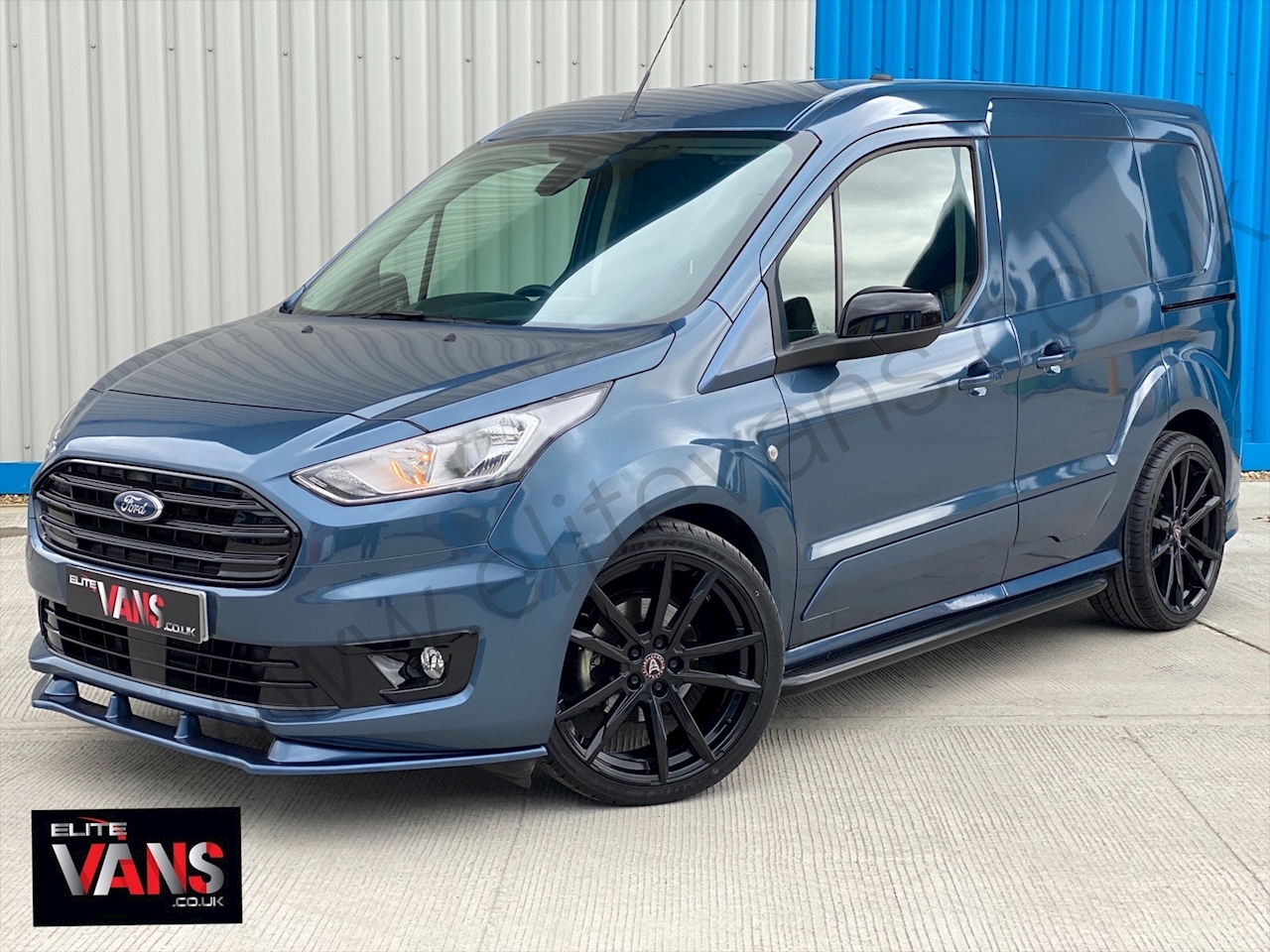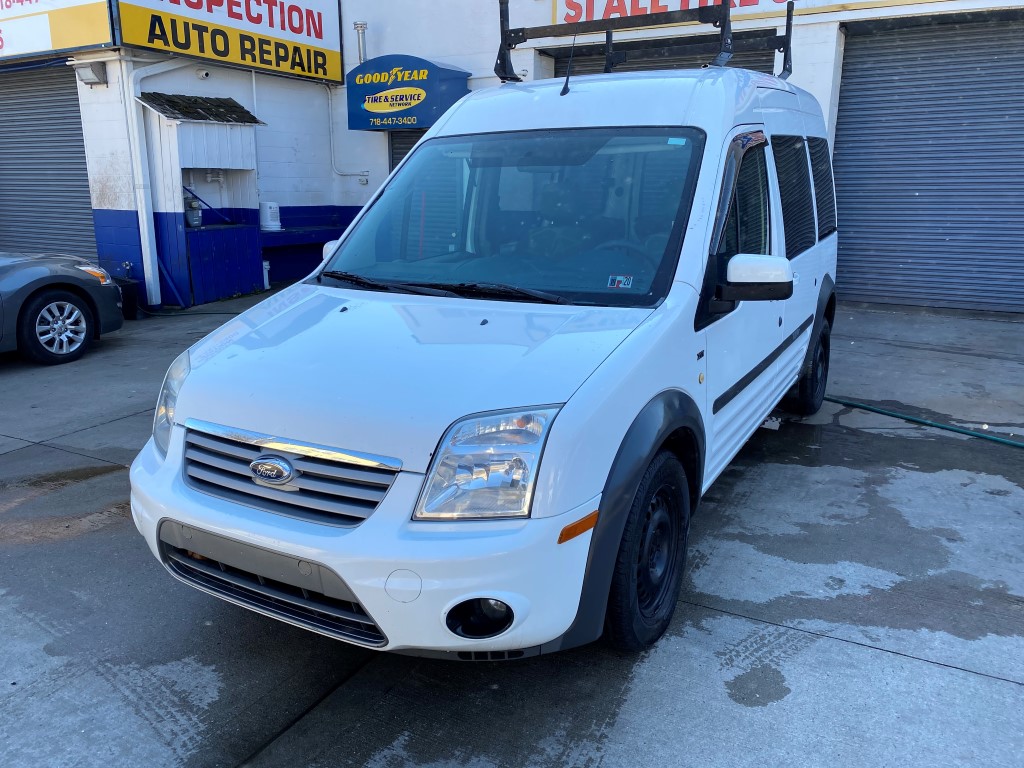Ford Transit Connects For Sale Near Me – These moments remind us that there is more to life than the pursuit of profit, and that not everything can be measured by a price tag. Manufacturing new items requires energy, raw materials, and natural resources, all of which contribute to environmental degradation. As more and more people become concerned about the planet’s resources and the impact of consumerism on the environment, the concept of buying used goods has gained traction as a more sustainable alternative to purchasing new products. The internet, for example, has created a space where anyone can buy or sell almost anything, from physical products to intangible services. Additionally, many second-hand items are still in excellent condition, having been gently used or well-maintained by their previous owners, further enhancing the appeal of these products. While there are certainly markets where affordable goods are a necessity, quality goods for sale often come with a premium price tag. For instance, businesses in industries such as technology, renewable energy, or e-commerce may attract more buyers due to their perceived growth potential. Vintage items, antiques, and pre-loved goods often carry stories and histories that new products simply cannot replicate. The durability and longevity of these products mean they don’t need to be replaced as frequently, reducing the need for constant purchases and ultimately saving money in the process. It’s a small but significant way to make a positive impact on the planet, especially when one considers the volume of waste generated by fast fashion, electronic waste, and disposable goods. In both cases, there’s a sense of vulnerability. When everything becomes a transaction, we risk losing sight of what truly matters. Overpricing an item can lead to it sitting unsold, while underpricing it can result in lost potential revenue. It doesn’t fall apart after a few uses, nor does it need to be replaced after a season. In addition to individual sales, online marketplaces often feature businesses and professional sellers who specialize in second-hand goods, providing buyers with a curated selection of high-quality items. These generations are more aware of the environmental impact of fast fashion, disposable goods, and the need to adopt more sustainable practices. The idea of being “for sale” also touches on larger cultural and societal themes. This practice is an essential aspect of sustainability, as it helps conserve resources and reduces the amount of waste sent to landfills. It may have been passed down, carefully preserved, and lovingly maintained. This stage can involve a variety of specialists, such as accountants, lawyers, and industry experts, who can provide a comprehensive evaluation of the business.

Used 2015 Ford Transit Connect 240 Trend P/V For Sale (U11462) Chris
Ecoboost fuel efficiencyfamily carsstarting at 14k6 new models

Used 2018 Ford Transit Connect Van 200 Limited Elite Edition For Sale
Ecoboost fuel efficiencyfamily carsstarting at 14k6 new models

USED FORD TRANSIT CONNECT CARGO 2017 for sale in Dallas, TX
Ecoboost fuel efficiencyfamily carsstarting at 14k6 new models

Used 2014 Ford Transit Connect for Sale Near Me
Ecoboost fuel efficiencyfamily carsstarting at 14k6 new models

Used 2013 Ford Transit Connect Wagon XLT Minivan 7,490.00
Ecoboost fuel efficiencyfamily carsstarting at 14k6 new models

Used 2015 Ford Transit Connect Cargo XLT 4dr LWB Cargo Mini Van w/Rear
Ecoboost fuel efficiencyfamily carsstarting at 14k6 new models

Used 2012 Ford Transit Connect Passenger Wagon For Sale Near Me CarBuzz
Ecoboost fuel efficiencyfamily carsstarting at 14k6 new models

Used Ford Transit Connect 2019 for sale in Penticton, BritishColumbia
Ecoboost fuel efficiencyfamily carsstarting at 14k6 new models

Used Ford Transit Connect 200 L1 Diesel 1.5 EcoBlue 120ps Limited Van
Ecoboost fuel efficiencyfamily carsstarting at 14k6 new models

Used 2013 Ford Transit Connect for Sale Near Me
Ecoboost fuel efficiencyfamily carsstarting at 14k6 new models
They walk into a space that holds the potential for their own memories to be created, for their own life to unfold. Millennials and Gen Z, in particular, have embraced the idea of second-hand shopping as a way to challenge consumerism, reduce waste, and express their individuality. The same logic applies to tools, kitchen appliances, furniture, and even technology. The desire for more, the constant pursuit of bigger profits and greater influence, can lead to exploitation. Whether it's old furniture that no longer fits with their style, clothing that no longer fits, or electronics they no longer use, selling second-hand items allows individuals to recoup some of the money they spent on these goods. The decision to sell an heirloom piece of furniture, for example, can be emotionally complex, as it involves a shift in one’s connection to the past. There is also a growing trend of upcycling and repurposing second-hand goods, where items that may no longer serve their original purpose are transformed into something new and useful. Unlike starting a business from scratch, which requires time to build a reputation and establish market credibility, buying an existing business means stepping into an environment where some of the groundwork has already been done. While buying and selling second-hand items can come with its challenges, the rewards—both financially and environmentally—make it a worthwhile pursuit for many people. On the other, there’s the challenge of assessing the true value of a business, navigating the complex negotiations, and ensuring that the business is a sound investment in terms of both its financial health and its long-term viability. Relationships can become transactional, where each party enters into an agreement based on what they stand to gain. Quality goods for sale are not just limited to luxury items or high-end brands. Whether it’s a rare collectible, a discontinued item, or a vintage piece of clothing, online platforms offer a global marketplace where buyers and sellers can connect over products that may not be easily found elsewhere. Despite the many advantages of buying and selling second-hand goods, there are some challenges that both buyers and sellers must navigate. Websites and apps like eBay, Craigslist, Facebook Marketplace, and Poshmark have made it easier than ever to find second-hand goods for sale, offering a wider selection and more convenience than traditional brick-and-mortar stores. Similarly, gently used clothing from high-end brands can be found for a fraction of their original retail price. For the seller, the goal is often to maximize the value of the business, which requires a clear understanding of the company’s assets, liabilities, and future earning potential. In addition to individual sales, online marketplaces often feature businesses and professional sellers who specialize in second-hand goods, providing buyers with a curated selection of high-quality items. This stage can involve a variety of specialists, such as accountants, lawyers, and industry experts, who can provide a comprehensive evaluation of the business. The advent of these online platforms means that consumers can hunt for items they might have otherwise overlooked or been unaware of, sometimes at a fraction of the original cost.
This is especially true in a world dominated by fast fashion, disposable electronics, and mass-produced products. Buyers can often filter search results by price, condition, and location, making it easier to find the best deals. Online platforms like Etsy, for example, have given artisans a global audience for their high-quality handmade goods. It’s a constant negotiation, where both parties seek to align their perceptions of worth and reach an agreement that satisfies both sides. The satisfaction of purchasing quality is often deeply intertwined with the knowledge that your money is going toward something that truly deserves it. We start to treat people as commodities, too — as means to an end, as tools for achieving personal success or social status. In some cases, buyers may also acquire businesses with existing intellectual property, such as patents, trademarks, or proprietary technologies, which can offer a competitive edge in the market. For the seller, there is the risk that they may not be able to find a buyer who is willing to pay the desired price, or that the sale may not go through as planned. By purchasing second-hand goods, consumers help keep products circulating in the economy, giving them new life and purpose. In a sense, the very nature of human existence can feel like a transaction. However, it’s also important to recognize the darker side of this freedom. The process of selling it can be seen as a form of letting go, a recognition that the future may look different from the past, but that doesn’t diminish its importance or value. The business-for-sale market continues to evolve, influenced by economic trends, technological advancements, and shifts in consumer behavior, but one thing remains clear: buying and selling businesses will always be a fundamental part of the global economy. Conversely, periods of economic growth may lead to more businesses being sold due to increased valuations and higher demand. When a person creates something, they are offering a piece of themselves to the world, not for sale, but as a gift. When you buy something made from premium materials, crafted with attention to detail, and tested for reliability, you can expect it to deliver value that surpasses its initial cost. Whether it’s a vintage armchair, a gently used dining table, or a piece of mid-century modern furniture, second-hand furniture can be both functional and stylish. The very notion that everything can be bought and sold creates a society where inequality is not just accepted, but ingrained in the very structure of the economy. Whether it’s the affordability, the environmental impact, or the opportunity to find unique items, second-hand goods provide an alternative to traditional retail shopping that is both practical and sustainable. With just a few clicks, consumers can browse through thousands of listings for second-hand items from all over the world.